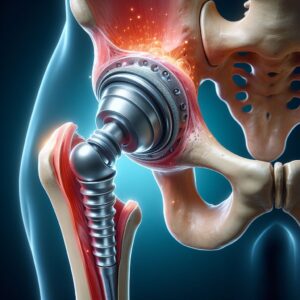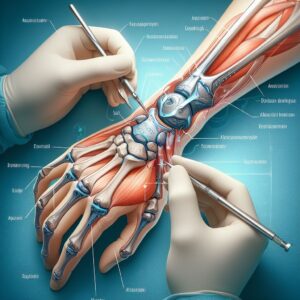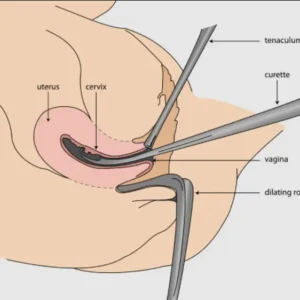Description
Familiarity with Treatment
Endoscopic sinus surgery is a minimally invasive surgical procedure used to treat various sinus conditions. It involves the use of an endoscope, a thin, flexible tube with a camera and light, to visualize and access the sinuses. The procedure aims to remove blockages, improve sinus drainage, and alleviate symptoms associated with chronic sinusitis, nasal polyps, and other sinus-related issues.
Procedure
The procedure for endoscopic sinus surgery typically involves the following steps:
- Anesthesia: General or local anesthesia is administered to ensure the patient’s comfort during the procedure.
- Endoscope Insertion: An endoscope is inserted into the nasal passages to provide a clear view of the sinuses.
- Sinus Exploration: The surgeon uses specialized instruments to remove or correct any obstructions, such as nasal polyps, inflamed tissue, or bony abnormalities, that may be blocking the sinus passages.
- Sinus Drainage: The surgeon may enlarge the natural openings of the sinuses to improve drainage and promote better airflow.
- Wound Closure: Once the necessary corrections are made, the incisions are typically left to heal naturally without the need for external sutures.
Who is it Suitable For?
Endoscopic sinus surgery is suitable for individuals with chronic sinusitis, nasal polyps, recurrent sinus infections, or other sinus-related conditions that have not responded to conservative treatments such as medication or nasal sprays. It is typically recommended when symptoms significantly affect the patient’s quality of life or when complications arise.
Who is it Not Suitable For?
Endoscopic sinus surgery may not be suitable for individuals with certain medical conditions that increase surgical risks or those who are unable to undergo the necessary postoperative care. A thorough evaluation by a healthcare provider is necessary to determine the suitability of the procedure for each individual.
Advantages
- Minimally Invasive: Endoscopic sinus surgery is a minimally invasive procedure that is performed through the nostrils, avoiding the need for external incisions. This can result in less scarring, reduced pain, and faster recovery compared to traditional open surgery.
- Improved Sinus Drainage: The procedure aims to improve sinus drainage by removing obstructions and restoring the natural flow of mucus, which can alleviate symptoms and reduce the frequency of sinus infections.
- Customized Treatment: Endoscopic sinus surgery allows for a customized approach, as the surgeon can directly visualize and address specific issues within the sinuses.
Complications
As with any surgical procedure, endoscopic sinus surgery carries potential risks and complications, although they are generally rare. These may include bleeding, infection, scarring, damage to surrounding structures, changes in smell or taste, and the need for revision surgery. It is important for patients to discuss potential complications with their surgeon.
Preoperative Care
Preoperative care for endoscopic sinus surgery may involve instructions to stop taking certain medications that can increase the risk of bleeding, such as aspirin or nonsteroidal anti-inflammatory drugs (NSAIDs). Patients may also be advised to avoid eating or drinking for a certain period before the surgery and to undergo a preoperative physical examination. Smoking cessation is often recommended before and after surgery to promote better healing.
Postoperative Care
Following endoscopic sinus surgery, patients are typically provided with specific postoperative care instructions, which may include:
- Nasal Irrigation: Regular nasal irrigation with saline solution to keep the nasal passages clean and promote healing.
- Pain Management: Medications to manage pain and discomfort as prescribed by the surgeon.
- Follow-up Appointments: Regular follow-up appointments with the surgeon to monitor healing progress, remove any packing or splints, and address any concerns or complications that may arise.
It is important for patients to closely follow the postoperative care instructions provided by their healthcare provider to ensure proper healing and optimal outcomes.
Endoscopic sinus surgery is a widely used procedure for treating various sinus conditions. It offers the advantages of being minimally invasive, improving sinus drainage, and providing customized treatment.






Reviews
There are no reviews yet.